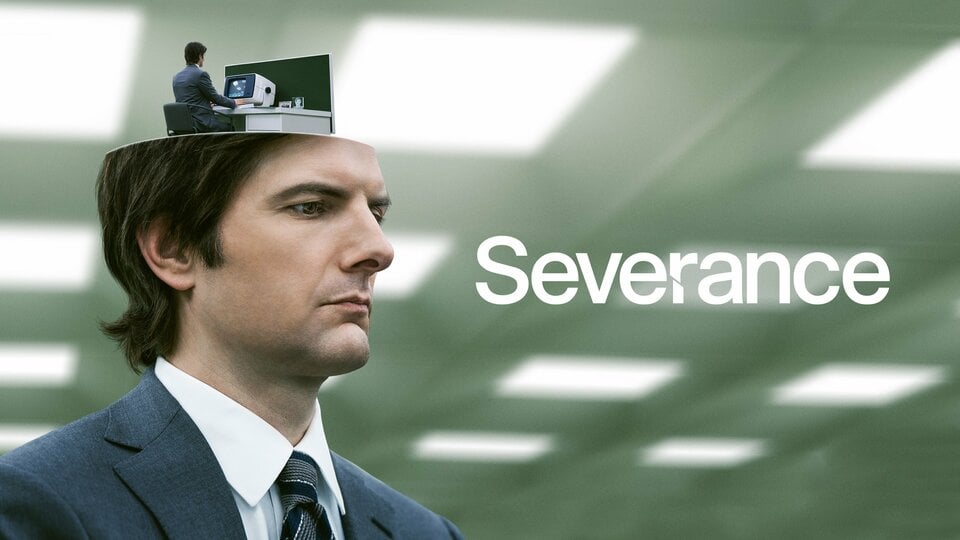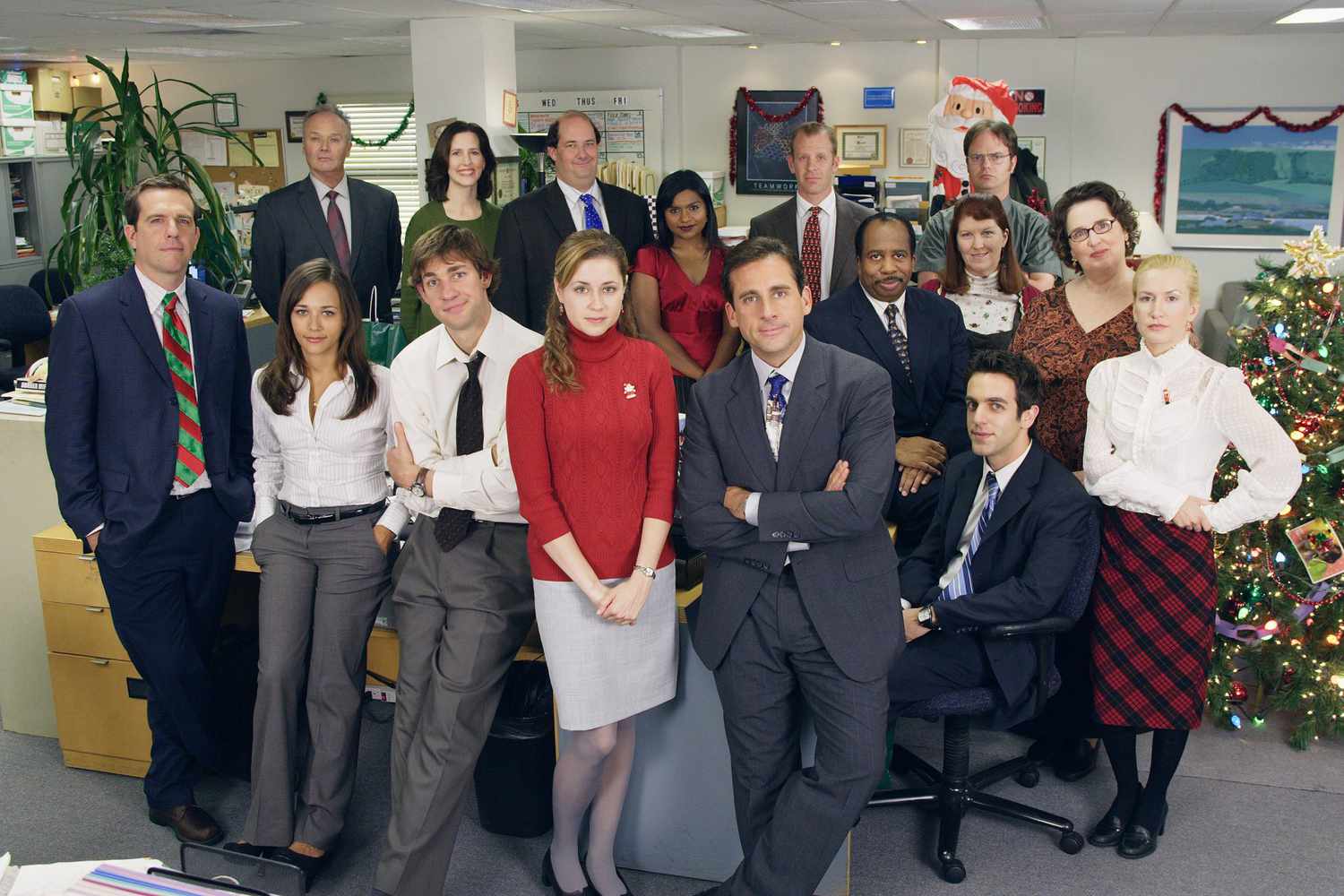In the world of the Apple TV+ series Severance, employees of a mysterious company undergo a procedure that splits their consciousness in two—creating one version of themselves that only exists at work, and another that only exists outside of it. The idea is simple: protect employees from the emotional burdens of their personal lives while shielding the company from their private selves. Everyone wins—or so it seems.
But as the series unfolds, it becomes clear that separating the personal from the professional isn’t just unnatural—it’s dangerous. Without access to the full picture of someone’s behavior, values, or history, the workplace becomes vulnerable to deception, dysfunction, and even harm. This is why building a culture of accountability through proactive screening is essential—as we explain in Trust, But Verify: Why Screening Is About Safety, Not Skepticism.
In many ways, Severance mirrors a real-world problem companies face every day: the risks of hiring and managing employees without truly knowing who they are beyond the résumé.
The Illusion of the "Work-Only" Persona
In reality, no employee is a blank slate from 9 to 5. Their personal experiences, decisions, and behaviors shape how they perform, how they interact with others, and how much risk they may carry. Ignoring that reality doesn’t insulate your organization—it exposes it.
And while employers don’t need (or want) access to every detail of someone’s private life, they do need tools that offer meaningful, compliant insights into behaviors that could impact safety, compliance, or trust. That’s exactly the approach we unpack in The Psychology Behind Background Screening, which highlights why behavioral context matters in modern screening
Where Background Screening Fills the Gaps
The hiring process is often rushed, surface-level, or built around the assumption that a clean résumé equals a low-risk employee. But:
- A candidate may omit details from their work history
- A criminal record might not be flagged without deeper checks
- Credentials could be falsified
- Red flags may not appear until after the hire
In fact, studies show that resume fraud is far more common than many hiring managers realize. Here’s a breakdown of the data.
It’s not about prying—it’s about protecting. Your people. Your reputation. Your bottom line. You can also check out a previous blog, What’s in a Background Check Report? We Break Down What You’ll See—and What It Means to learn more about the elements of a background check and what they mean.
Why Pre-Hire Checks Aren’t Enough
In Severance, the workplace is engineered to ignore who employees are outside the office. But in real life, people’s circumstances change:
- New legal or financial issues can arise
- Professional licenses can lapse or be revoked
- Behavior outside of work can raise legitimate concerns
Relying on a single pre-hire background check is like freezing your understanding of someone in time. Without periodic rescreening or updates, you risk being blindsided by developments that could impact your business.
See Do Background Checks Expire? When to Rescreen and Why It Matters for more insight.
Screening as a Trust-Building Tool
When done well, background screening isn’t about suspicion—it’s about setting clear, fair standards and applying them consistently. It helps create a culture of accountability where:
- Employees know that integrity matters
- Clients trust your workforce
- Leadership can make informed decisions without assumptions
In fact, Trust, But Verify emphasizes how transparent, empathetic screening fosters trust rather than doubt. And if you're curious how your screening platform fits into your HR tech stack, check out The Power of Integrations: Enhancing Your Background Screening Process With Bchex.
And it sends a message: we trust our people enough to care—and we care enough to verify.
Final Thoughts: You Don’t Need Sci-Fi to Spot a Risk
Severance makes for great television—but in the real world, compartmentalizing risk doesn’t work. Hiring without seeing the full picture isn’t a safeguard—it’s a gamble. With Bchex, you gain insight where it counts, without overstepping.
The best way to protect your company isn’t to separate work and life—it’s to screen thoughtfully, verify responsibly, and lead with clarity.



